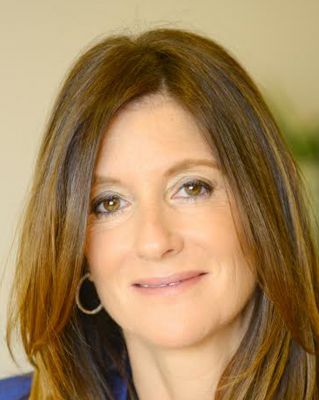
Linda Marban, Ph.D., is the President, CEO and Director of Capricor Therapeutics, a publicly traded biotechnology company (NASDAQ:CAPR). Dr. Marban has been with Capricor since 2005 and became its Chief Executive Officer in 2010. She combines her background in research with her business experience to create a path to commercialization for its novel stem-cell cardiac therapies. Dr. Marban began her career in academic science, first at the Cleveland Clinic Foundation working on the biophysical properties of cardiac muscle. That work continued when she moved to a postdoctoral fellowship at Johns Hopkins University. Dr. Marban earned a Ph.D. from Case Western Reserve University in cardiac physiology.
The U.S. Food and Drug Administration (FDA) has granted Rare Pediatric Disease Designation to CAP-1002, Capricor’s development candidate for the treatment of Duchenne muscular dystrophy. In her exclusive interview with the Wall Street Transcript, the CEO stated that “…our first investigational product is a cardiosphere-derived cell — CDC — product known as CAP-1002. It is a progenitor/stem-cell product.” Now that this drug therapy has gotten initial approval, the company may be able to extend its applications to a wide variety of disease conditions including aging.
Cardiac diseases were the target. “The cells that were tested in the CADUCEUS clinical trial sponsored by Cedars-Sinai Medical Center in collaboration with Johns Hopkins were autologous, which means that they were taken from the patient and given back to the same patient…injecting a large number of these cardiac-derived cells changed the size of the scar, and for the first time, we saw therapeutic regeneration, meaning new healthy heart tissue was formed in response to the delivery of the cells.”
But the action that creates the therapeutic regeneration seems to be applicable to all tissue degeneration as Dr. Marban explains in her interview. “We believe that the exosomes may be useful in other indications outside the heart because of their healing properties. They have been shown to reduce scar and cause generation of new tissues. So in almost any disease that has scar generation, we may see potential utility of the exosomes.”
CNN reported recently that this may mean that Capricor has discovered a “fountain of youth.” What does this mean for Capricor investors? The interview with Dr. Marban reveals the company strategy: “Perhaps the most important person we’ve brought in is our Executive Chairman, Frank Litvack, M.D. Dr. Litvack has been involved with three companies with successful exits, most notably as CEO of Conor Medsystems, which sold for $1.4 billion to Johnson & Johnson. We have other members of the executive team who came from Genentech, Amgen and Nektar.”
You can read the entire interview with this exciting company at the Wall Street Transcript.
Cytori Therapeutics Inc. (USA) (CYTX) Developing Promising Stem Cell Device
August 08, 2014
Gene Therapy Stocks Drug Candidates Gain Value as Therapies Reach Market
October 10, 2019
Northern Oil and Gas Inc. (NYSE:NOG): Expert Analysis and Exclusive Interview with the CEO
February 28, 2023
ESI Group SA (EPA:ESI) Participates in Growing Niche that Provides Exclusive Virtual Prototypes to Automakers
August 19, 2013
Six Award Winning Portfolio Managers Reveal their New Investing Strategies in these Exclusive Interviews
June 01, 2018